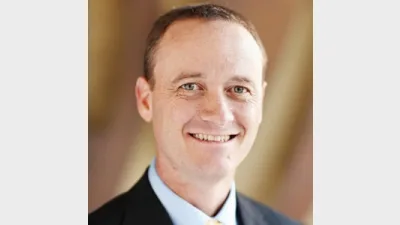SuperStream intensifies competition for employers



SuperStream may provide some super funds with the excuse to conduct a predatory exercise in securing more default contributions from employers, IQ Group chief executive Graham Sammells has warned.
He said this was not withstanding the fact that defaults are often written into industrial agreements.
Sammells said that while most funds have employer engagement strategies, employers' SuperStream considerations went beyond technology requirements and encompassed a change of business process for some.
"Instead of jamming the employer into using their particular solution, if there's another solution that works better for the employer that also services the fund, I think that's where the best outcomes will be," he said.
Funds, even if they used a third party service provider, would find better results from trying to help employers, according to Sammells, as employers may be spoilt for choice in a more competitive environment.
"The funds that help them deal with the change will be the ones that will win," he said.
"I think they're (employers) in for a bag of headaches because they're going to get approached by many different parties and they're going to get confused because lots of people will see this as an excuse to get involved with an employer.
"That's the challenge for employers — to filter through the mess."
Recommended for you
Super trustees need to be prepared for the potential that the AI rise could cause billions of assets to shift in superannuation, according to an academic from the University of Technology Sydney.
AMP’s superannuation business has returned to outflows in the third quarter of 2025 after reporting its first positive cash flow since 2017 last quarter.
The major changes to the proposed $3 million super tax legislation have been welcomed across the superannuation industry.
In holding the cash rate steady in September, the RBA has judged that policy remains restrictive even as housing and credit growth gather pace.










